A meal feels moreish only when it is mulled over with dessert and dainties. The same can be said about the voiceovers that crown the ending of every episode of Zoya Akhtar and Reema Kagti’s latest satirical series, Made in Heaven 2. But before delving deeper, let me clarify that this isn’t a review of the sharpness of the events. It’s my attempt as a ‘she’ to ask another, if, even today, we are free to live our freedom.
Or do we share the fate of the fabled baby elephant, who tethered to a tree once, refused to realise her potential as she grew up, and remained fettered forever? A scant shake would have shattered the sham of the shackles only if the elephant summoned her slightest strength!
Shockingly, while I’m writing this down, there are way too many women who are not free to even embrace their own skin.
Sarina and the age-old notion of fairness
The dusky Sarina in Episode 1 is one of them. An ardent architect by profession, she is forced to compromise on her choices by settling for a regular red rather than a poetic pink wedding outfit. So deeply ingrained is the superficial disgrace that she too, perhaps passively, perpetrates it.
She uses light filters when posting pictures on social media with her fair-skinned fiancé and experiments with fairness treatments, which could otherwise have outrageous outcomes. Surely, she’s trying hard to fit into her mother-in-law’s verdict on beauty. “Pretty” is not yet perfect, and the final voiceover aggravates the grimness of the Snow White fairytale. Only the fair is free to feel beautiful, which is undisputedly fair by no means.

Adhira, who accepts abuse and alienation
Blatantly, the best moment of a woman’s life is still not winning the title of ‘Mademoiselle India, but ‘saying yes!’ to a preposterous public proposal. We know that there are ample Ahira-s like the one in Episode 2 amidst us for whom “the ring beats the crown.” Individual achievements are sacrificed every day at the altar of unrealistic assumptions and stunted estimations.
Clearly, this is a subversion of the fairytale Beauty and the Beast. Adhira is not the Beauty, who doesn’t fear facing the Beast but instead accepts abuse and alienation as the unfortunate upshot of a union. The Beast, too, is not the fairytale one, who would change with the love of Beauty. It’s time for her to banish the Beast and build her own bastion to experience the beauty that lies in leading a life of latitude and liberty.
Kriti, who turns her fairytale into reality
Occasionally, we come across women who liberate themselves by breaking away from accepted norms and giving themselves second chances. They are rare and receptive, like the adorable Kriti in Episode 3, and have the grit to turn their own fairytales into reality.
Leila Shirazi and her interpretation of freedom
Again, Leila Shirazi’s kind of women in Episode 4 showcases an interesting facet of freedom. The ability to hold the reins of your life in your own hands is fascinating indeed. And sometimes blurring the lines between the ideal and the existing is a release.
Pallavi, a force to reckon with
Nonetheless, it’s disheartening to acknowledge that women like Pallavi, a powerhouse we encounter in Episode 5, even to this very day, are outliers. She owns her identity, and her demand for a Dalit wedding alongside the customary pheras is exemplary. She is as free as one should be, and her voice is often misconstrued as forceful: “jhanda lehrana…” After all, a free ‘she’ is a force to reckon with.
Pallavi shows off her Dalit core as much as her Ivy League stature and her awards because an unfettered self can hardly pretend. She has the power to stand by her own principles and doesn’t need a protector or any privilege to prove herself. Of course, she needs the appreciation of unprejudiced individuals like Meher to be treated as an equal to her husband.

Shehnaz proves that freedom is never easy
You always have to fight for it. But often a Shehnaz, like the one we see in Episode 6, succumbs to the pain and pressure of issues like polygamy. She finds it unbearable to hand over her furniture as much as her husband and home, and she helplessly attempts suicide. But then there are Arjuns too, who push her to “stand up and be counted.” Soon she’ll rise up from her ashes, much like the phoenix, to lead a movement and make polygamy illegal.
On the other side of the spectrum are the ‘Warrior Princesses,’ who represent the lesbian community. They have set themselves free from the claustrophobic gender boxes of society and wear their preferences with pride and panache. Yet, there’s still a long way to go before Radhika’s father accepts that his “adult wife and adult daughter” are entitled to do as they please.
Julie’s act of empowering herself
Finally, in the last episode, you are bound to hopelessly fall head over heels in love with Julie. Pregnant and prudent, she has a mind of her own and believes that “you should be free to make that choice.” She lets her decade-younger beau leave to chase his dreams of becoming a musician and offers him the option to always love unconditionally. Indeed, love is to let go, and Julies’ act of empowering herself by emancipating another is stirring.
At the altar, she vows “to love, cherish, and honour” herself. And as she goes on saying that “I, Julie Mendez, promise to be a friend to myself in the good times and the bad…to comfort myself in sickness and in health…to celebrate my success and learn from my failures…to uphold my dreams and always follow my inner moral compass… and…to be kinder to myself for as long as I live,” you want to become her.
Free to be your own companion, to travel alone, to love yourself, to cherish what you have, to hold the magic close, to live in hope, and to have your one “taste of Heaven,” which is worth a lifetime!






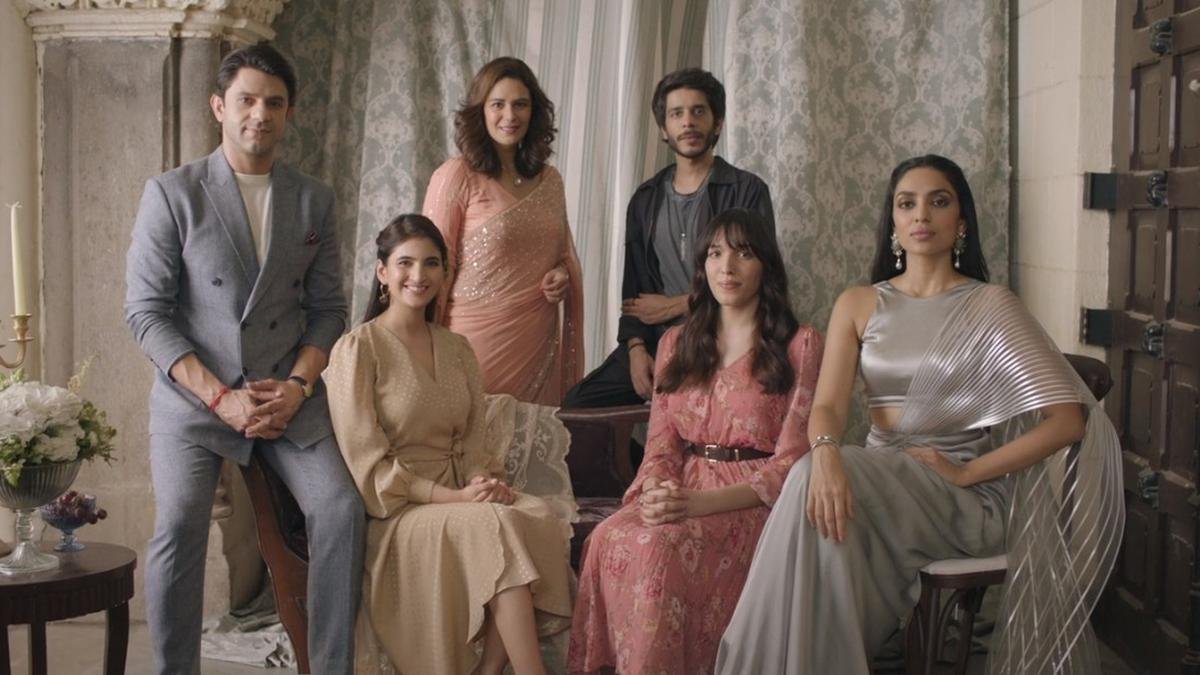

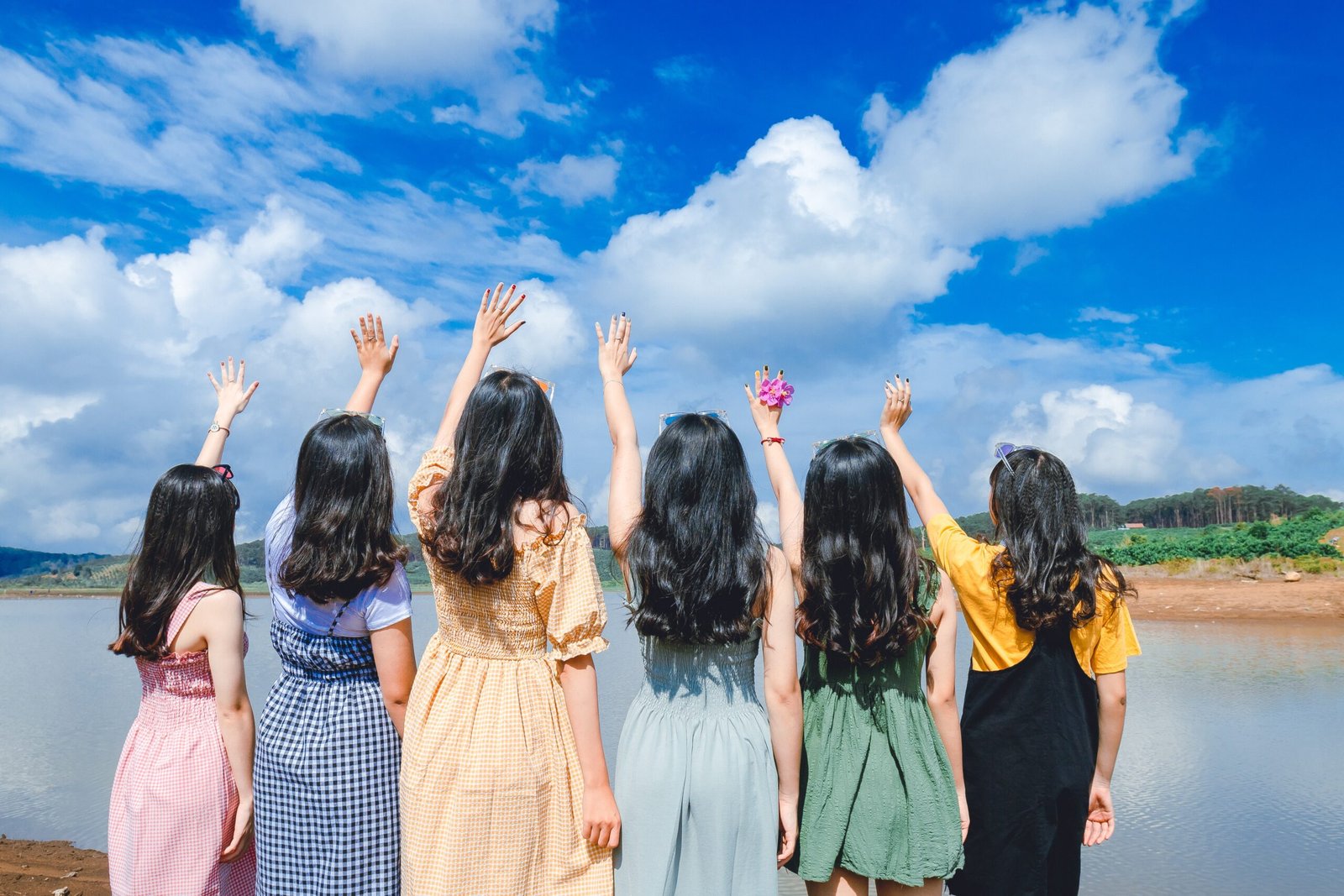

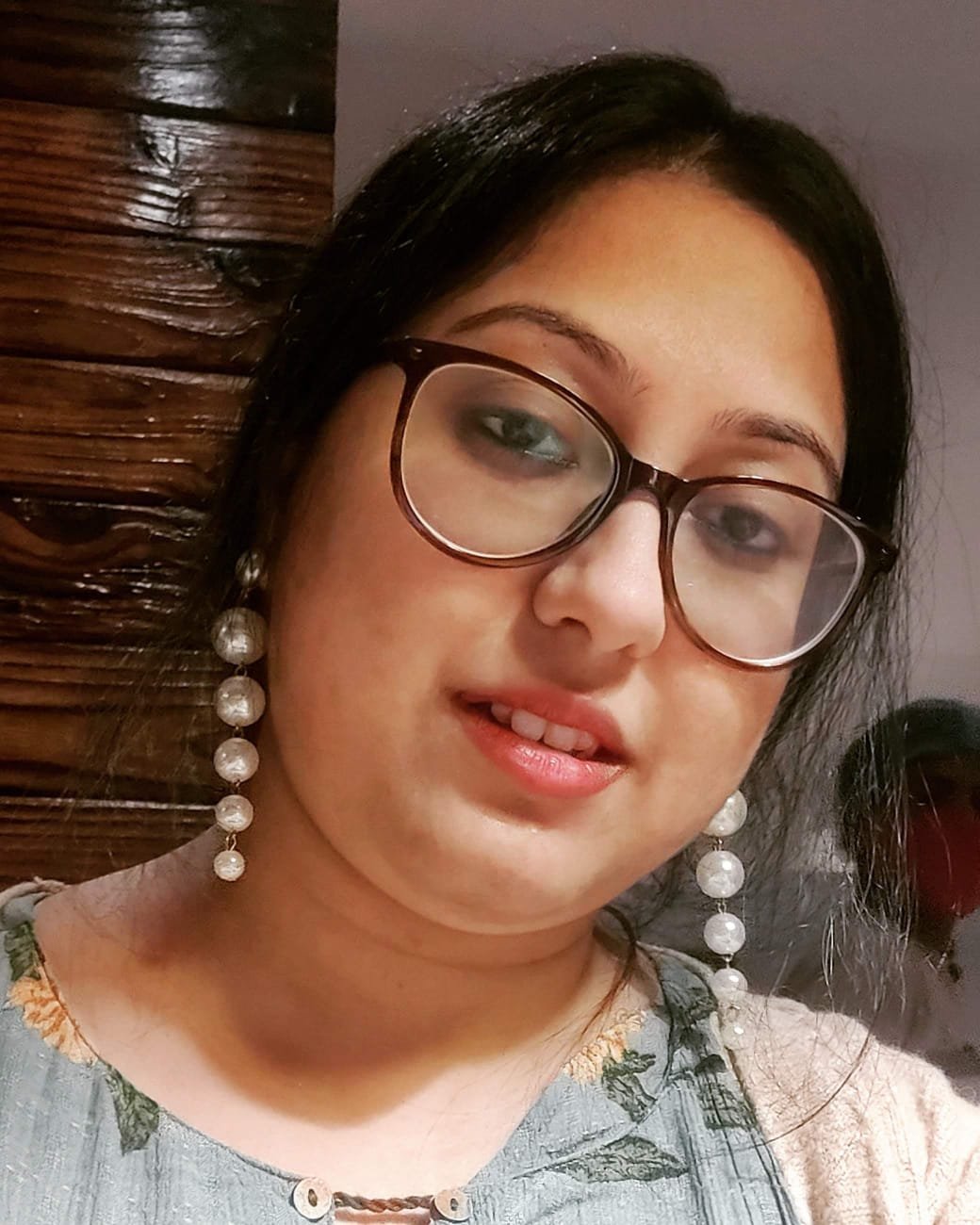
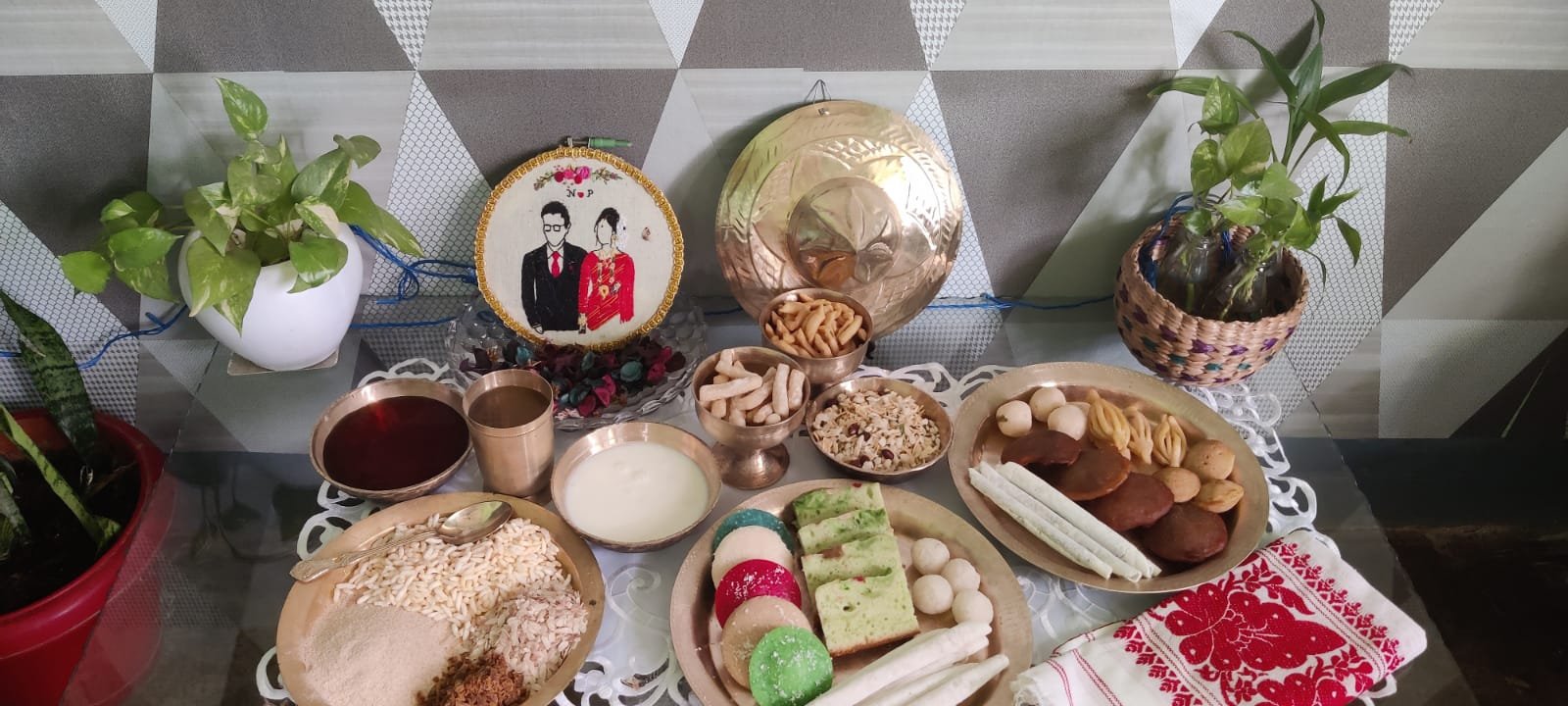


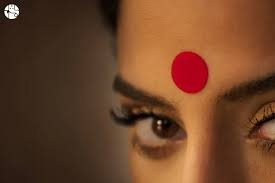
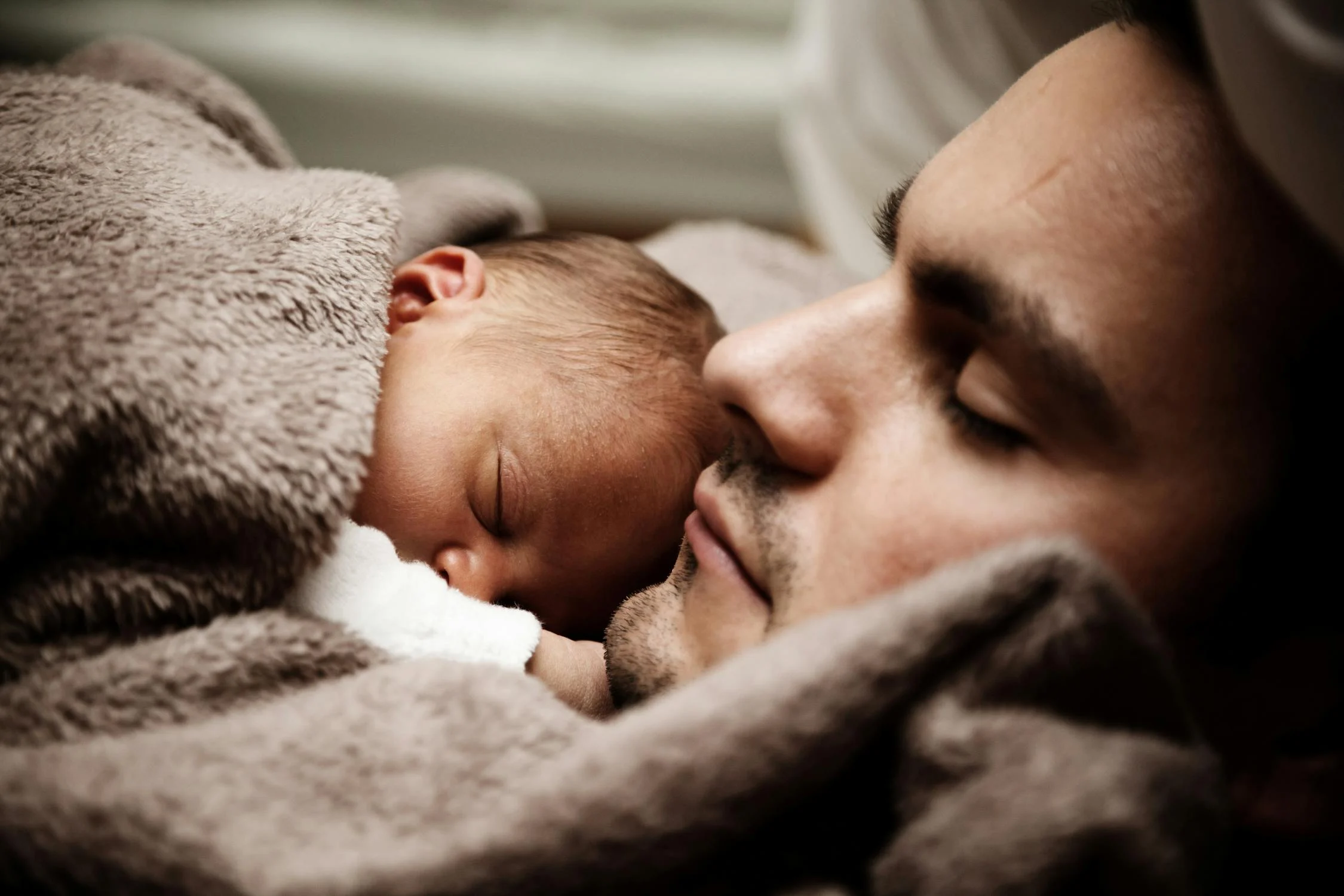

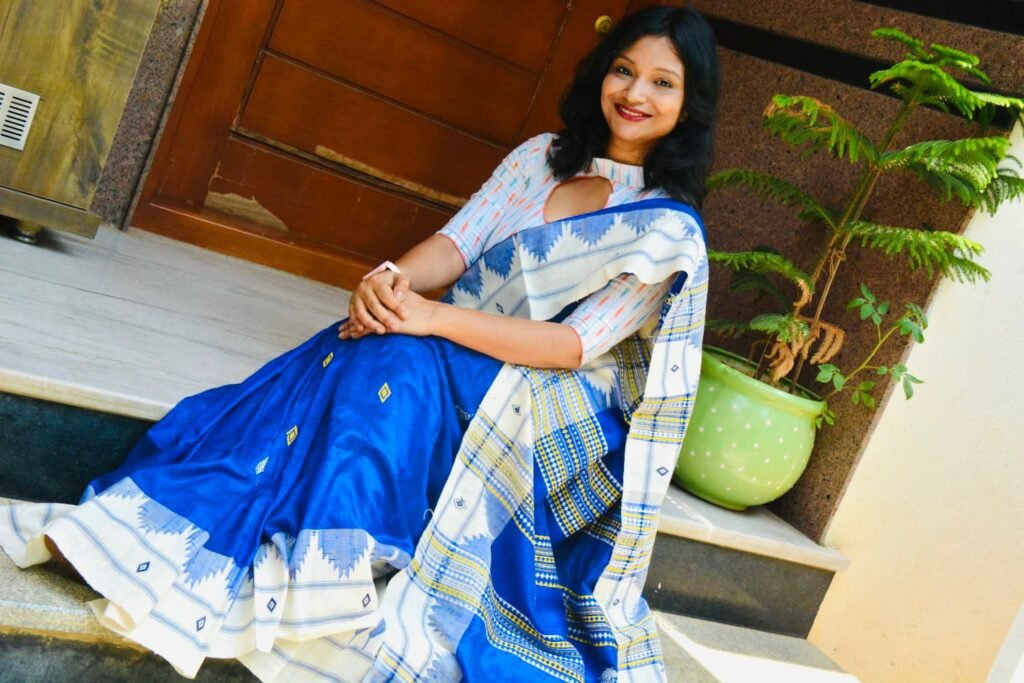
One Response